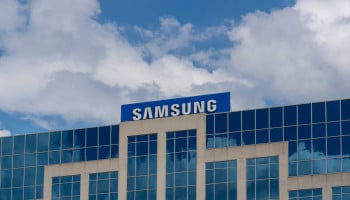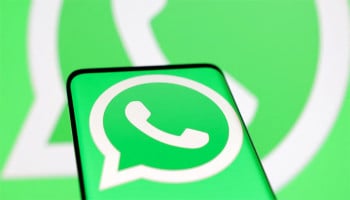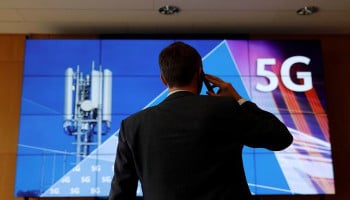
In times when network issues and outages are becoming a norm and taking place more frequently than ever, two of the world's largest telecommunication companies are anticipating network disruptions due to SpaceX's plans to make its Starlink more efficient.
The problem is an outcome of a proposal made by SpaceX to ensure efficient coverage of its cellular Starlink system, which the telecom giants claim will disrupt their networks.
"Specifically, AT&T’s technical analysis shows that SpaceX’s proposal would cause an 18% average reduction in network downlink throughput,” stated AT&T.
Read more: 1LINK refutes reports of cyberattack on ATMs
Both of the carriers have urged the Federal Communications Commission (FCC) to reject SpaceX’s plan to improve its cellular Starlink system.
The downplay of the SpaceX proposal undermines its work on a spate of satellites capable of providing internet to phones on the ground via radio signals.
SpaceX in June requested a waiver from the FCC that would let its cellular Starlink satellites operate with abnormal radio frequency parameters, or what could be called “aggregate out-of-band emissions power flux-density limits.”
Contrary to the carriers' claims, SpaceX says its technology would negate any sort of interference with other networks while ensuring that “consumers and first responders can use an increasingly robust set of features even in the most challenging circumstances.”
“Here, SpaceX has not shown good cause to grant its Waiver Request, as its proposed ninefold increase to the allowable SCS OOBE PFD limit would cause unacceptable harmful interference to incumbent terrestrial mobile operations,” AT&T said.
“SpaceX’s proposal would undermine the Commission’s core goal of protecting incumbent terrestrial licensee operations from SCS satellite operations in adjacent bands by subjecting them to harmful interference,” Verizon told the FCC.
















